Well Repair or Replace? Knowing When It's Time for a Change
Knowing whether to repair or replace a well is fundamental for maintaining water quality and guaranteeing the system operates efficiently.
Water wells provide a critical lifeline for households and businesses relying on them for a consistent water supply. Over time, however, wells can experience wear, contamination, or declining output. Knowing whether to repair or replace a well is fundamental for maintaining water quality and guaranteeing the system operates efficiently. Both decisions carry implications for cost, performance, and long-term reliability.
Evaluating The Signs Of Well Trouble
Identifying the signs of a failing well is the first step in addressing issues. A sudden drop in water pressure, murky or discolored water, and unusual noises from the pump often indicate that the well system may need attention. Pump cycling on and off more often than usual or a noticeable increase in energy costs also suggest underlying problems. Water that gains an unpleasant taste or odor points to possible contamination.
Pump repair experts frequently assess such issues to determine whether repairs can restore the well to its optimal state. Minor mechanical issues, such as malfunctioning pumps, pressure switches, or valves, may only require targeted repairs. More extensive problems, including well casing breaches or significant sediment intrusion, could necessitate a more comprehensive solution.
Understanding The Lifespans Of Wells And Pumps
The longevity of a water well depends on factors such as the type of aquifer, water quality, and the well's construction. When properly maintained, many wells can last several decades, but individual components, like pumps, typically have shorter lifespans. Most pumps operate effectively for ten to fifteen years, though heavy use or challenging water conditions can shorten their lifespan.
Pump professionals often emphasize the importance of closely monitoring aging equipment. Regular inspections and maintenance help extend the useful life of well components and provide early warning signs of impending failures. When an aging pump or other parts require frequent repairs, considering a replacement may be a more cost-effective and reliable solution.
When Repairs Make Sense
Repairs can address many common well issues without requiring the installation of a new system. For example, repairing a pump with a faulty motor, replacing worn seals, or cleaning a clogged well screen can restore functionality quickly and economically. Minor leaks in well casings can often be repaired using specialized materials to seal the breach.
Interventions like hydrofracturing or cleaning can resolve blockages or improve water flow for wells experiencing temporary changes in water quality or yield. Pump repair experts often recommend repairs when the well's underlying structure remains intact and the cost of fixing the issue does not approach the expense of a replacement.
Signs That Replacement May Be Necessary
Certain conditions signal that replacing the well is a more appropriate course of action. Wells that have reached the end of their expected lifespan or exhibit chronic problems may no longer be worth repairing. Persistent contamination from nearby septic systems, agricultural runoff, or natural sources like high arsenic levels in the aquifer can make the water unsafe, even with treatment.
A well that has significantly diminished water yield or has gone dry may need to be replaced if attempts to restore output prove unsuccessful. Changes in the surrounding area, such as new construction or alterations to water tables, can also impact a well's performance.
Upgrading to a new well offers the opportunity to incorporate modern technology and design improvements. Newly constructed wells often feature enhanced durability, better seals to prevent contamination, and advanced pumping systems that provide greater efficiency.
Weighing The Costs Of Repair Versus Replacement
The decision to repair or replace a well often involves a careful cost analysis. Repairs typically involve lower upfront costs but may become an ongoing expense if the well requires frequent attention. Replacement represents a more substantial initial investment but delivers long-term reliability and fewer interruptions.
Pump professionals help well owners make this decision by assessing current issues and potential future risks. For instance, if a well nearing the end of its lifespan already requires significant repairs, replacement may save money over time by eliminating the need for repeated fixes.
Prioritizing Expert Evaluations
Accurate assessments of well systems require the expertise of professionals familiar with both the mechanical and environmental aspects of well operation. Pump repair experts possess the tools and knowledge to diagnose complex problems, recommend practical solutions, and precisely carry out repairs or installations.
Engaging professionals minimizes the risk of misdiagnosis or incomplete repairs that could lead to further complications. Their insights into local geology, water quality, and regulatory requirements inform the most suitable approach for each unique situation.
Safeguarding Water Wells For The Future
Repairing or replacing a well is more than a practical decision; it is an investment in a critical water source's ongoing health and functionality. Regular maintenance, timely repairs, and strategic replacements keep systems running smoothly and lower the likelihood of unexpected failures.
Trust in the expertise of pump professionals guarantees that well systems continue to meet the needs of households and businesses while adapting to changing conditions. Whether choosing to repair or replace, well owners benefit from decisions rooted in professional insight and experience. Protecting a well's integrity today secures its role as a reliable water source for years.

